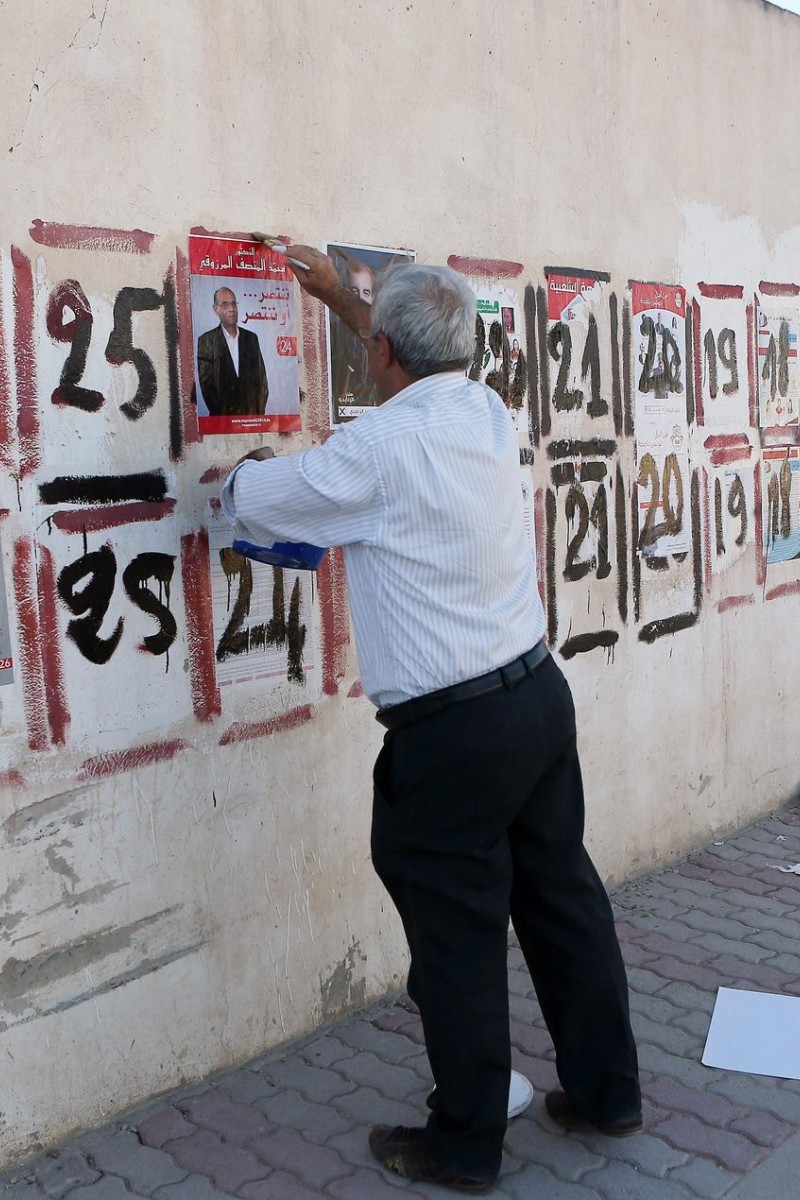
Democracy leads to responsible leadership, but be prepared to accept a slower economy
 Tunisia got its democracy, but with a slowing economy, the people are less sure about their choice.
Tunisia got its democracy, but with a slowing economy, the people are less sure about their choice.Tunisia, birthplace of the Jasmine Revolution, has less confidence in democracy these days. It dropped from 63 per cent to a new low of 48 per cent, according to the Pew Research Center’s Global Attitudes Project. More than half of the respondents now express preference for a “leader with a strong hand”, despite experiencing the iron-fisted regime of Ben Ali, the ousted former dictator.
Stagnant economic growth in the region has eroded the once strong democratic sentiment. This seems to reinforce the assertions of Occupy Central’s opponents, who publicly question the purpose of pursuing democracy at the expense of stability and financial gains.
It is very true that democracy is not necessarily the solution towards common social issues. Fair elections have no direct impact in solving structural unemployment. Political participation has no apparent relation with alleviating poverty.
It does, however, establish a basic level of trust between the government and those who are governed.
But how does it actually concern us, the underrepresented, largely politically uninvolved students?
For one, I would have been comfortably watching HKTV on my flat screen television, rather than squinting at my phone’s tiny display. Legco, without the functional constituency, would have agreed to investigate the blatantly politically-influenced decision to reject HKTV’s license amid the public’s outrage and fury.
CY Leung, after making the incendiary remarks of “poor people earning less than $14,000 would drive Hong Kong’s policies and create a welfare state”, subsequently described the religion and sports sector as “having no economic contribution”. If he were democratically elected and vying for a second term, he would have a stronger incentive to act in accordance with the majority’s demands.
But even more importantly, my personal freedom would not be dependent upon the good will of an appointed Chief Executive, because at the end of the day, laws protecting my personal possessions or liberties could be repealed or amended anytime by lawmakers whom I never voted for.
Perhaps the recently deceased oil tycoon, Nelson Bunker Hunt, serves as an apt example of how a lack of democracy leads to overnight wealth evaporation. Reputed at one time to be the world’s richest man, he was among the first to tap into Libya’s vast oil fields. Yet when Muammar Gaddafi nationalised all petroleum in the African nation, Hunt’s fortune dwindled and all his efforts to recover his losses were fruitless.
Even if the rule of law is maintained at the status quo, the future becomes highly unpredictable when officials are not accountable towards their own people. It’s similar to how life in ancient Chinese dynasties completely relied on the ambition of a particular emperor.
Democracy ultimately diffuses power into the hands of the population through votes, and leaders must adhere to a binding constitution.